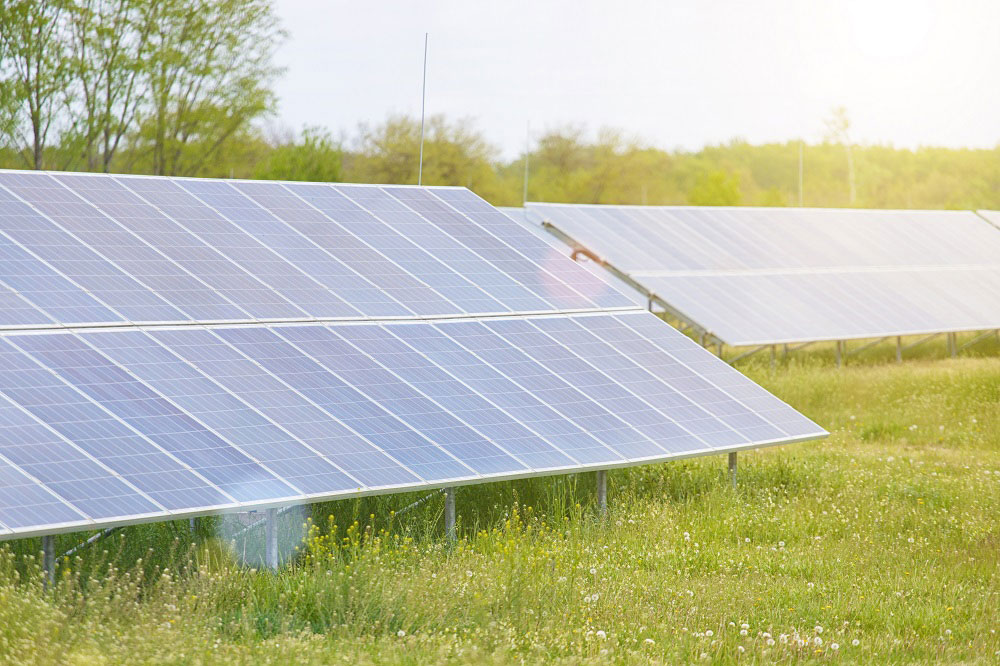South Carolina, with its impressive solar incentives and tax credits, presents a lucrative prospect for homeowners considering a switch to renewable energy. With an average of 216 sunny days annually, the state is perfectly positioned to harness the power of the sun, making solar power an optimal choice for residents.
Discover the benefits of solar power in South Carolina, from significant cost savings to environmental impact. Learn about the attractive solar incentives, such as Solar Tax Credit South Carolina, and net metering policies that make the Palmetto State an ideal location for harnessing solar energy. Make an informed decision for a sustainable future with our comprehensive guide to going solar in South Carolina.
Costs And Savings
The typical cost of a 5-kW solar power system in South Carolina can range between $15,000 to $25,000. This estimate includes the cost of panels, labor, system configuration, and any permitting cost but does not account for tax credits or incentives. On average, it takes around 8.7 years to recoup the initial investment through energy savings. However, this timeframe can vary depending on factors such as energy costs, the amount of sunlight a locale receives, and the incentives available.
Federal Solar Investment Tax Credits
One of the key incentives for going solar is the Federal Solar Investment Tax Credit. This valuable incentive allows for a 30% reduction of your taxable income and can be applied to any solar installation project, including solar panels and solar heating systems. The federal government offers this credit to promote the use of renewable energy sources, contributing significantly to offsetting the initial costs of a solar power system.
South Carolina Solar Rebates And Tax Credits
In addition to the federal tax credit, South Carolina offers its own set of attractive incentives. Homeowners can avail a 25% tax credit on the cost of installing a solar power system. The maximum credit is $3,500 or 50% of your state tax liability up to 10 years, whichever is less. Furthermore, some energy companies, manufacturers, and installers also offer rebates.
The state also has a net metering policy in place, where energy companies monitor your energy use. If you produce more energy than you consume on systems 20 kW or less, you can receive a credit. The credits vary between utility providers, making it essential to research the utility provider in your local community.
Local Incentives
Net metering policies can vary by coverage area. Some utilities offer a one-to-one credit, while others charge solar customers more during peak periods and less during off-peak periods. The Energy Saver tool is an excellent resource for homeowners to find local incentives.
Choosing The Right Solar Panel System
Choosing the right solar panel system for your home can seem like a daunting task, but it doesn't have to be. Understanding your home’s energy needs and researching various solar companies are key steps in the process. You'll also want to consider the physical attributes of your property – including the size, shape, and orientation of your roof, and the amount of sunlight it receives. A reputable solar installer can provide a detailed assessment and help guide you in choosing a system that will maximize solar energy production for your specific home.
The Environmental Impact Of Solar Power
In addition to cost savings, going solar has a profound environmental impact. Solar power is a renewable, clean energy source that reduces reliance on fossil fuels. This results in fewer greenhouse gas emissions and a smaller carbon footprint. By choosing solar energy, homeowners in South Carolina are contributing to a more sustainable future and helping to mitigate the effects of climate change. The benefits extend beyond individual households, contributing to global efforts in combating environmental degradation and promoting sustainable energy solutions.
The Economic Impact Of Solar Power In South Carolina
The growing adoption of solar power also has a positive impact on the state's economy. The solar industry is a significant job creator, offering opportunities in solar panel installation, manufacturing, sales, and maintenance. As more South Carolinians embrace solar power, this could stimulate job growth and contribute to the state's economic development. Moreover, the increased use of solar energy can also reduce the demand for electricity from the grid, potentially leading to lower electricity prices for all consumers in the long run.
Frequently Asked Questions
To provide more clarity on Solar Tax Credit South Carolina, we have answered some of the questions people more commonly ask.
Is solar power a good investment in South Carolina?
Absolutely! With its sunny climate, impressive state and federal tax credits, and net metering policy, South Carolina is one of the best states in the U.S. to invest in solar power. Solar power systems can significantly reduce your electricity bills and even generate a surplus, providing a great return on investment over time.
What happens if my solar panels generate more electricity than I use?
South Carolina's net metering policy allows homeowners to receive credit if their solar power systems produce more energy than they consume. This means you could potentially earn money back from your utility provider. The specifics of this policy can vary between different utility providers, so it's important to research the policies of your local provider.
How can I find local solar incentives in my area?
Local incentives can often be found by using tools such as the Energy Saver tool, which can provide information about local incentives in your specific area. Additionally, you can contact your local utility provider or a reputable solar installer for further information.
Take Advantage Of Solar Tax Credit South Carolina
Taking advantage of the solar tax credit South Carolina not only contributes to a greener planet but also presents significant cost savings over time. It’s no wonder that South Carolina ranks in the top 10 states for residential electricity sales per capita, with 70% of homes using electricity for heating and nearly all homes using it for air conditioning. Solar power, with its dual benefits of cost-efficiency and environmental sustainability, is truly a bright idea.
Discover how your business can benefit from government solar programs. Visit Gov Relations today to learn how you can take advantage of state and federal incentives for solar energy.







